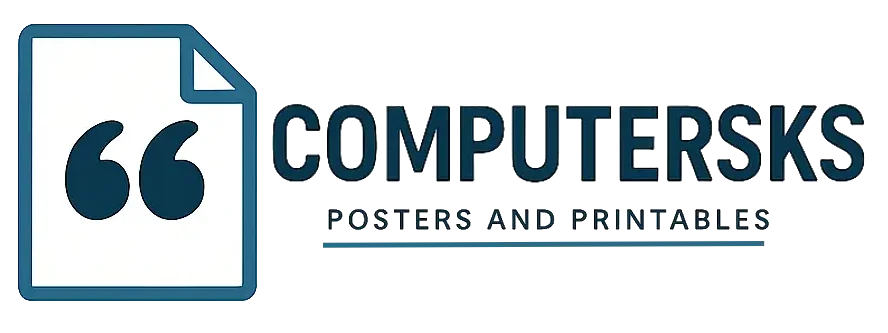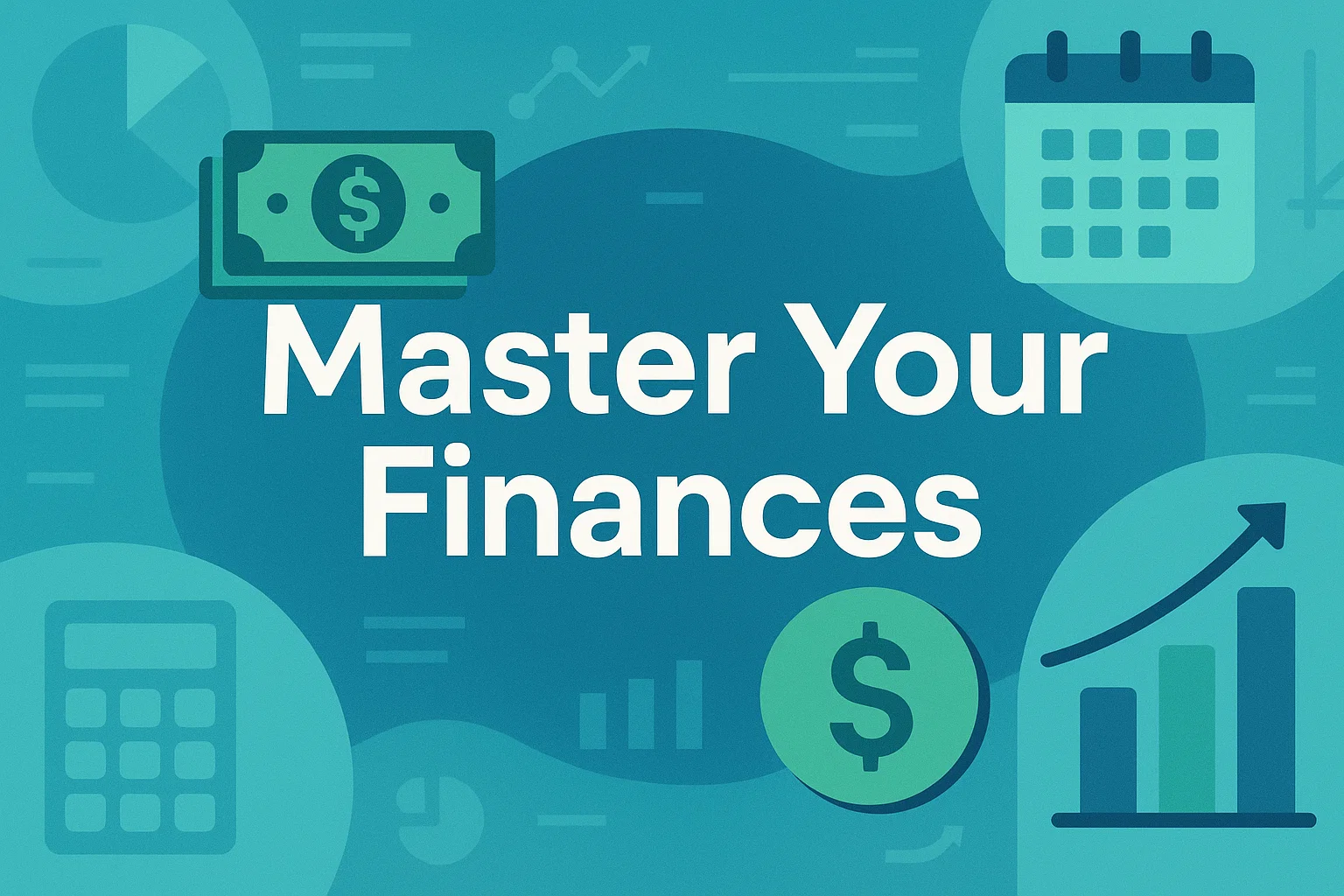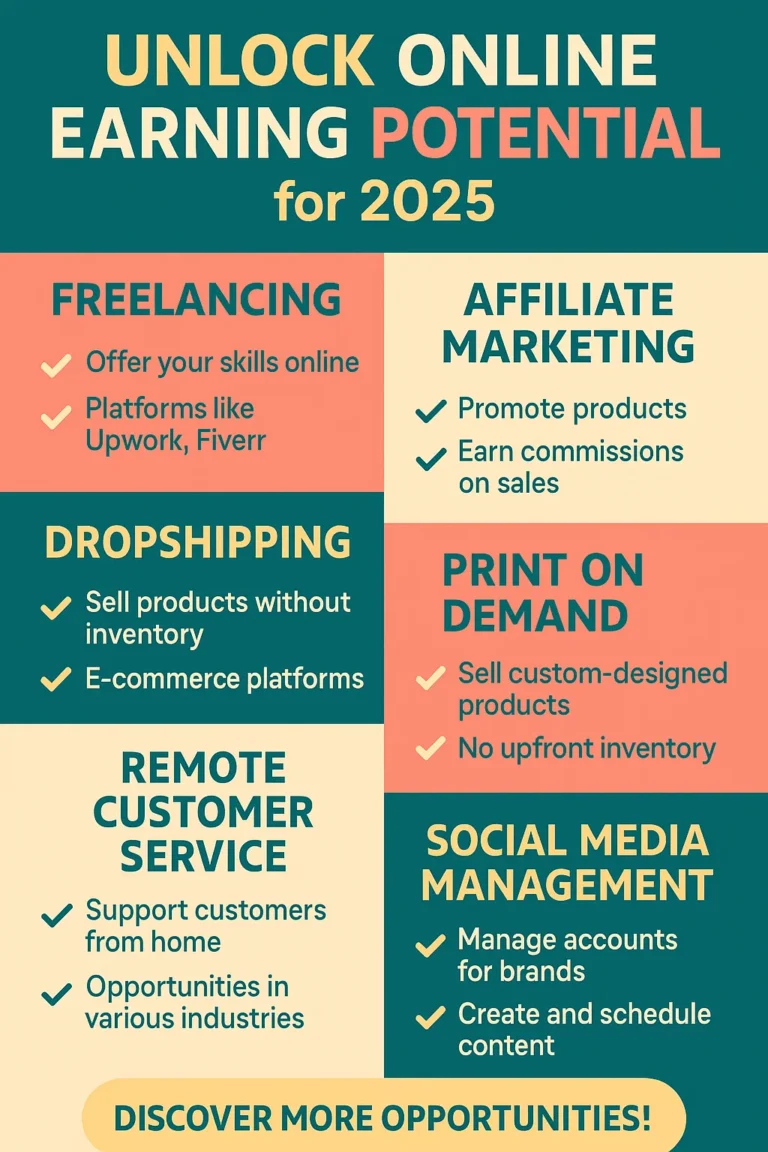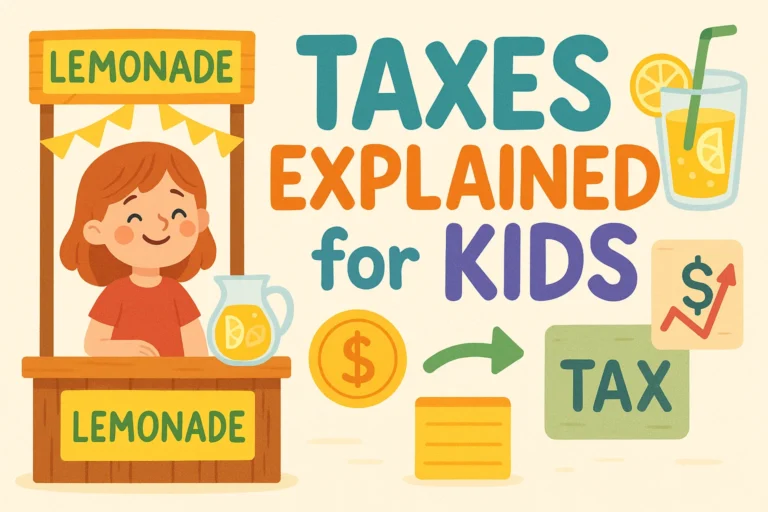Master Your Finances Essential Money Management Tips for a Brighter Future
Master Your Finances: Essential Money Management Tips for a Brighter Future
Let’s be real for a second. The phrase “money management” sounds about as exciting as watching paint dry, right? It conjures up images of spreadsheets, complicated graphs, and a whole lot of stress. But what if I told you that getting a grip on your cash isn’t about restriction, but about liberation? It’s about swapping that constant low-level anxiety for a feeling of genuine control.
I’ve been there—staring at my bank account after a weekend of… well, living my best life… and wondering where it all went. It wasn’t until I stopped thinking of finances as a chore and started seeing them as a tool that everything changed. So, grab a coffee, get comfortable, and let’s chat about how you can master your money. No judgment, just real talk.
Know Where Your Money Is Going (Seriously, All of It)
You can’t manage what you don’t measure. It’s the oldest piece of financial advice in the book because it’s 100% true. Before you can make any plan, you need to know your starting point. And that means tracking your spending.
Ever get to the end of the month and feel like your money just vanished into thin air? Those daily lattes, subscription services you forgot about, and impulse buys add up. IMO, this is the most eye-opening step for anyone.
- The No-Judgment Audit: For one month, track every single penny you spend. And I mean every single penny. You can use a fancy app, a notes page on your phone, or even just a crumpled receipt in your pocket. The method doesn’t matter; the consistency does.
- Categorize Your Life: At the end of the month, sort all that spending into categories. Think: Housing, Transportation, Food (split this into Groceries and Dining Out—trust me, it’s revealing), Utilities, Entertainment, Subscriptions, and Miscellaneous.
- The “Oh, Wow” Moment: This is where you see the truth. You might discover you’re spending a small fortune on food delivery apps or that you’re subscribed to five different streaming services you never use. This isn’t about guilt; it’s about awareness. Awareness is the first and most powerful step toward change.
Craft a Budget That Doesn’t Suck The Joy Out of Life
The word “budget” feels so restrictive, doesn’t it? It sounds like you’re grounding yourself from fun. Let’s reframe that. Think of it not as a budget, but as a spending plan. You’re giving every dollar a job, and that includes the dollars earmarked for fun!
A spending plan is simply you telling your money what to do, instead of wondering where it went. Which one sounds better to you?
- The 50/30/20 Rule: A Great Starting Point: This is a classic framework for a reason. It suggests allocating 50% of your after-tax income to Needs (rent, groceries, minimum debt payments), 30% to Wants (that new video game, sushi night, hobbies), and 20% to Savings and Debt Repayment.
- It’s Flexible! This isn’t a law. If you live in a high-rent city, your Needs might be 60%. That’s okay! Just adjust your Wants and Savings accordingly. The point is to have a conscious plan.
- Pay Yourself First: This is the golden rule. The minute your paycheck hits your account, automatically divert a portion to your savings. Set up an automatic transfer and make it invisible. If you never see it, you won’t miss it. This one habit builds wealth on autopilot.
Build Your Financial Safety Net
Life has a funny way of throwing curveballs. Your car breaks down, you need a new laptop for work, or you have a surprise dental bill. Without a safety net, these emergencies can send you spiraling into debt.
An emergency fund is your financial superhero. It’s not for a vacation or a new TV. It’s strictly for actual, unexpected emergencies.
- Start Small, Dream Big: A full emergency fund is 3-6 months of living expenses. I know, that sounds massive. Don’t let it paralyze you! Start with a mini goal of $1,000. This small buffer can handle most minor emergencies without you needing to reach for a credit card.
- Keep It Separate: Stash this cash in a separate savings account, nicknamed “Emergency Fund” or “Do Not Touch.” Out of sight, out of mind.
- How do you find the money to save? Look back at your spending audit. Can you cut back on one or two things? Maybe pack lunch two more days a week or pause a subscription for a few months. Every little bit helps.
Tackle the Debt Dragon
Debt, especially high-interest credit card debt, is like trying to run a race with ankle weights on. It holds you back from your financial goals. Making a plan to attack it is crucial.
There are two popular methods for paying off debt, and both work because they provide a psychological win.
- The Debt Snowball: You list your debts from smallest balance to largest. You pay the minimums on all of them, but you throw every extra dollar at the smallest debt first. Why? Because getting that quick win—seeing an account balance hit zero—is incredibly motivating. It builds momentum.
- The Debt Avalanche: You list your debts by interest rate, from highest to lowest. You pay the minimums on all, but put all extra money toward the debt with the highest interest rate. This method saves you the most money on interest over time.
- Which one is better? The one you’ll actually stick with. The Avalanche is mathematically optimal, but the Snowball’s psychological boost keeps many people going. Pick your fighter.
Plan for a Future You Will Actually Enjoy
Saving isn’t just for emergencies. It’s for building a life you’re excited about. This is where we shift from defensive money management to offensive wealth building.
Retirement might feel a million years away, but your future self will high-five you for starting early. Thanks to compound interest, time is your greatest asset.
- Free Money? Yes, Please! If your employer offers a 401(k) match, contribute at least enough to get the full match. It’s literally free money and an instant 100% return on your investment. Not taking it is like leaving part of your salary on the table.
- The IRA Powerhouse: Open an Individual Retirement Account (IRA). I’m a fan of Roth IRAs for younger investors because you pay taxes on the money now (when you’re presumably in a lower tax bracket) and then it grows completely tax-free. It’s a sweet deal.
- Investing Isn’t Just for Wolf of Wall Street Types: You don’t need to be a stock-picking genius. Low-cost index funds or ETFs are a simple, hands-off way to invest in the entire market. Set up automatic contributions and let time do the heavy lifting. FYI, my own portfolio is heavily weighted in these—they’re the set-it-and-forget-it stars of the investing world.
Your Financial Journey Is Just That—Yours
Look, personal finance is exactly that: personal. What works for your friend or your favorite finance influencer might not be the perfect fit for you. The goal isn’t perfection; it’s progress. A little better than yesterday. A little more aware than last month.
The most important tip of all? Be kind to yourself. You’ll have months where you overspend. You’ll have emergencies that test your fund. That’s life. The key is to get back on the plan without the guilt trip.
So, what’s one small step you can take today? Maybe it’s just checking your bank statement. Or setting up a single automatic transfer. That’s how it starts. One small step leads to another, and before you know it, you’re not just managing your money—you’re mastering it and building a brighter, more secure future for yourself. You’ve got this







